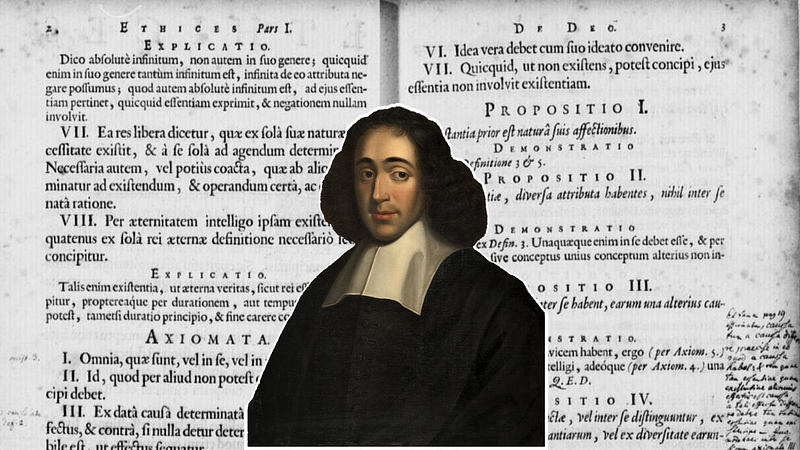Three Remarkable Books Cherished by Albert Einstein
Written on
Chapter 1: The Literary Pursuits of Albert Einstein
Albert Einstein was not only a groundbreaking physicist but also a passionate reader throughout his lifetime. His literary interests spanned various genres, including fiction, non-fiction, and scientific texts. He had a particular fascination with mathematics and science, often immersing himself in literature to stay informed about the latest advancements in these fields. Additionally, Einstein displayed a penchant for philosophical inquiry, frequently engaging with intellectually stimulating literature. Beyond mere enjoyment, he dedicated time to studying scientific papers, reflecting his insatiable thirst for knowledge and a continuous quest for intellectual growth.
Among the numerous works he admired, there were a few standout books that Einstein held in high regard. His appreciation for these literary masterpieces is evident in his letters and speeches. In this article, we will explore three exceptional works that the esteemed physicist cherished and recommended.
Section 1.1: "Don Quixote" by Miguel de Cervantes
"Don Quixote," authored by Miguel de Cervantes in the early 17th century, is celebrated as one of the greatest literary achievements in the Spanish language and a cornerstone of Western literature. The narrative follows Alonso Quixano, who becomes so enchanted by tales of chivalry that he embarks on a quest to become a knight-errant.
Accompanied by his faithful squire, Sancho Panza, Quixote encounters a series of both humorous and poignant adventures. The novel is renowned for its wit and its seamless blend of reality and fantasy. Einstein's admiration for "Don Quixote" is notably highlighted in an autobiography by Leopold Infeld, titled "Quest," where he mentions, "It is the book which he [Einstein] enjoys most and likes to read for relaxation..."
Section 1.2: "A Treatise of Human Nature" by David Hume
"A Treatise of Human Nature," a philosophical work by David Hume published in three volumes during the mid-18th century, seeks to thoroughly explore the workings of the human mind. Hume discusses diverse topics such as perception, imagination, emotion, personal identity, and moral conduct. His philosophy is rooted in empiricism, positing that knowledge arises from experience and sensory observation, while he critiques several traditional philosophical notions of his time.
This treatise is regarded as a pivotal text in Western philosophy, with Hume recognized as a leading figure of the Enlightenment. Einstein greatly valued Hume's philosophical insights.
Subsection 1.2.1: "Ethics" by Baruch Spinoza

Written by the 17th-century Dutch philosopher Baruch Spinoza, "Ethics" presents a profound exploration of the nature of God, the mind, and the universe. Spinoza establishes an ethical framework grounded in his philosophical beliefs. Characterized by pantheism, Spinoza argues for the unity of God and nature, as well as the interconnectedness of mind and body. He asserts that the mind is integral to the natural world, following the same laws as everything else, and contends that the pursuit of knowledge is the ultimate good, with human life aimed at enhancing understanding of existence.
Einstein once reflected, “I’m not an atheist, and I don’t think I can call myself a pantheist… I believe in Spinoza’s God who reveals himself in the orderly harmony of what exists, not in a God who concerns himself with fates and actions of human beings,” showcasing his appreciation for Spinoza's work.
Chapter 2: Conclusion
These three remarkable works—“Don Quixote,” “A Treatise of Human Nature,” and “Ethics”—not only shaped Einstein's worldview but also provided him with intellectual nourishment throughout his life. His passion for literature underscores the profound connection between science and the humanities, illustrating how diverse fields can enrich one's understanding of the world.
If you enjoyed this exploration into Einstein's literary favorites, please show your support by clicking the clap icon. For more engaging content, consider becoming a Medium member or buy me a coffee! Thank you for reading!